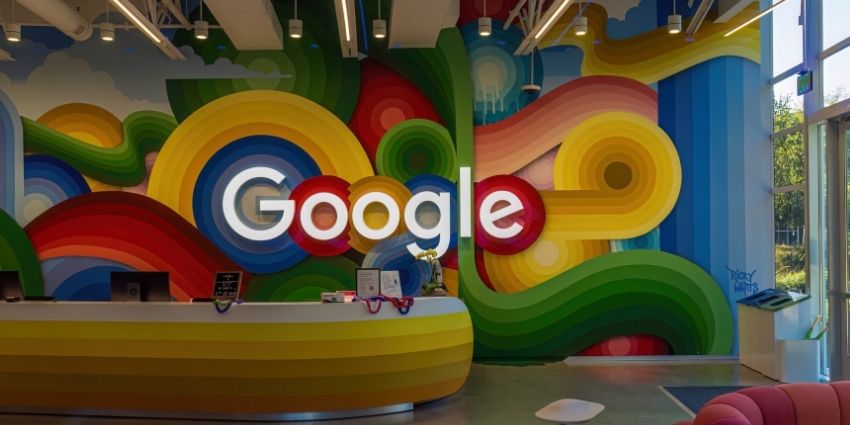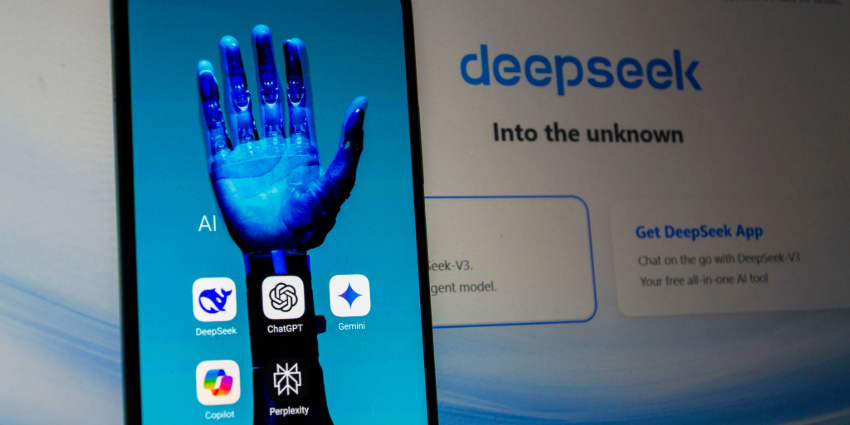Now, Anthropic is allowing its growing Claude user base to leverage Internet information and search data to inform their usage of the leading genAI application.
Anthropic notes that Claude can now keep its users up to date with current events and information, boosting the platform’s accuracy for a range of end-user tasks. Claude will also incorporate direct citations when searching through web-based data to ensure factual reliability.
Claude presents this real-time data into the platform’s conversational model, with Anthropic noting that enterprise clients can use the new web search integrations, with Anthropic noting relevant sections such as sales, financial, research, and retail.
EU has to Wait for AI Updates… Again?
Currently, only US premium Claude users can access the web-based integrations, but other regions will be able to access the features in the future, much like how groups like OpenAI deploy features in the US first, with EU and other areas coming over time, a broader reflection of the market perhaps, as the US is working closely with its regional leaders to assert AI dominance.
Earlier this year, President Donald Trump announced a $500 billion joint investment called ‘Stargate,’ involving major technology companies such as OpenAI, Oracle, and SoftBank. He described this initiative as a “resounding declaration of confidence in America’s potential.”
The main goal of this investment is to build next-generation data centres equipped with advanced cooling systems and high-density server configurations specifically designed for artificial intelligence (AI) workloads. These facilities are crucial for managing the computational demands of training and operating large language models (LLMs), which require much more processing power than traditional computing tasks. Oracle CEO Larry Ellison noted that these new data centres are already under construction in Texas.
While Anthropic is not directly involved in this project, the multi-million investment is likely to be a focus for the firm’s deployments and developments.
Dario Amodei, Anthropic’s View of AI Enterprise-Shifting Abilities
The news follows comments made by Anthropic CEO Dario Amodei, who emphasized the significant impact AI could have on workflows and various enterprise sectors. He spoke at a keynote event hosted by the Council on Foreign Relations, where he discussed AI’s capabilities and its potential effects on programming jobs and beyond. Amodei expressed a fair amount of concern regarding the impact of emerging AI tools on employment.
“On one hand, I believe comparative advantage is a very powerful concept. In terms of coding and programming—areas where AI is progressing rapidly—we are not far from a time, I think, within the next three to six months, where AI will be responsible for writing 90% of the code. In about 12 months, we may reach a point where AI is essentially writing all of the code,” he stated. On the economic side of AI, Amodei calls AI’s potential disruption a worry and “existential,” adding:
In the short run, we are going to need to manage the disruption, even as the pie gets much larger. In the long run, as I’ve said, we’re going to need to think about a world where AI—and I don’t want to lie about this—I really think this is where this is going—is going to be better than almost all humans at almost all things.
“I just invite you to consider the hypothetical and start considering the possibility of crazy things like that now,” remarked Amodei.
Amodei said:
The whole population, again, thinks of this stuff as chatbots. If we say this is dangerous, if we say this could replace all human work, it sounds crazy, because what they are looking at is something that in some cases seems pretty frivolous, but they don’t know what’s about to hit them.
Following this speech, Anthropic entered a significant partnership with the Commonwealth Bank of Australia (CBA), investing in internal safety and research into AI practices for the large-scale banking firm. This move builds upon the CEO’s views and the firm’s internal efforts to develop an economic index to analyze how businesses utilize AI and how this usage impacts factors such as economic growth rates and taxation.








